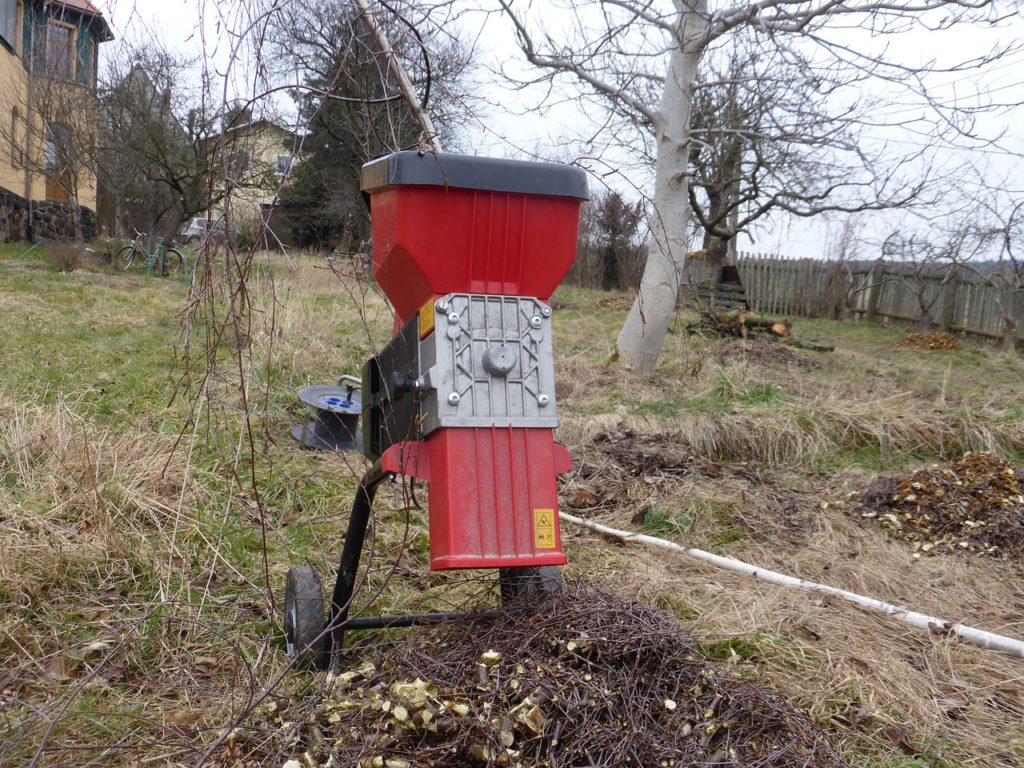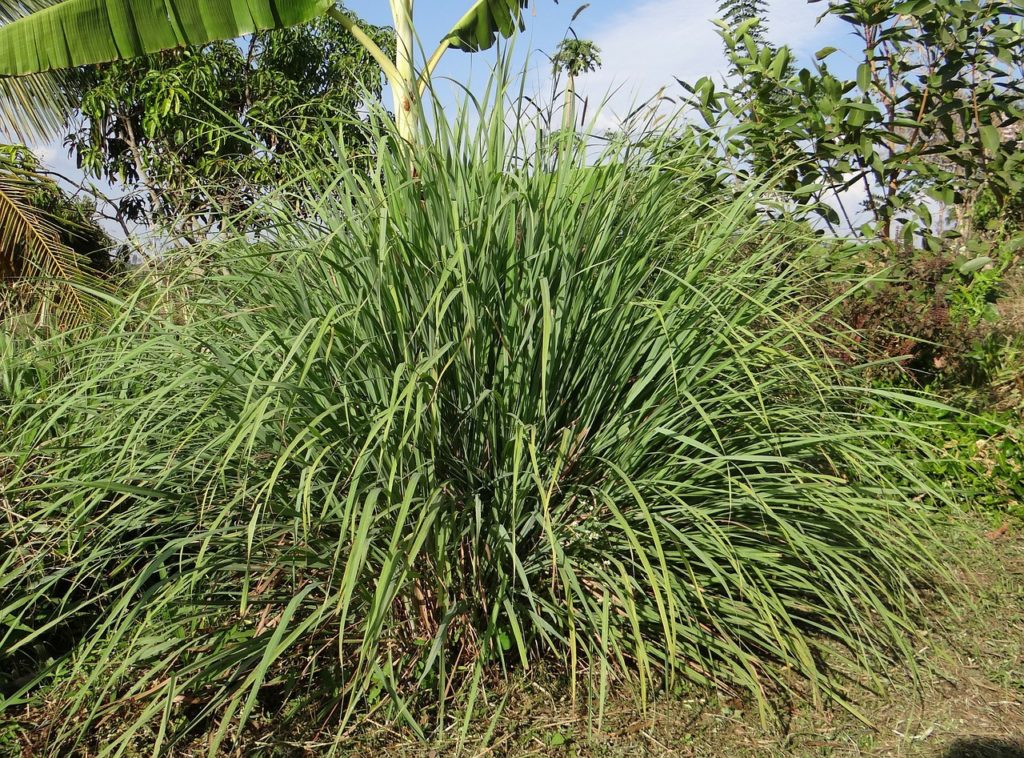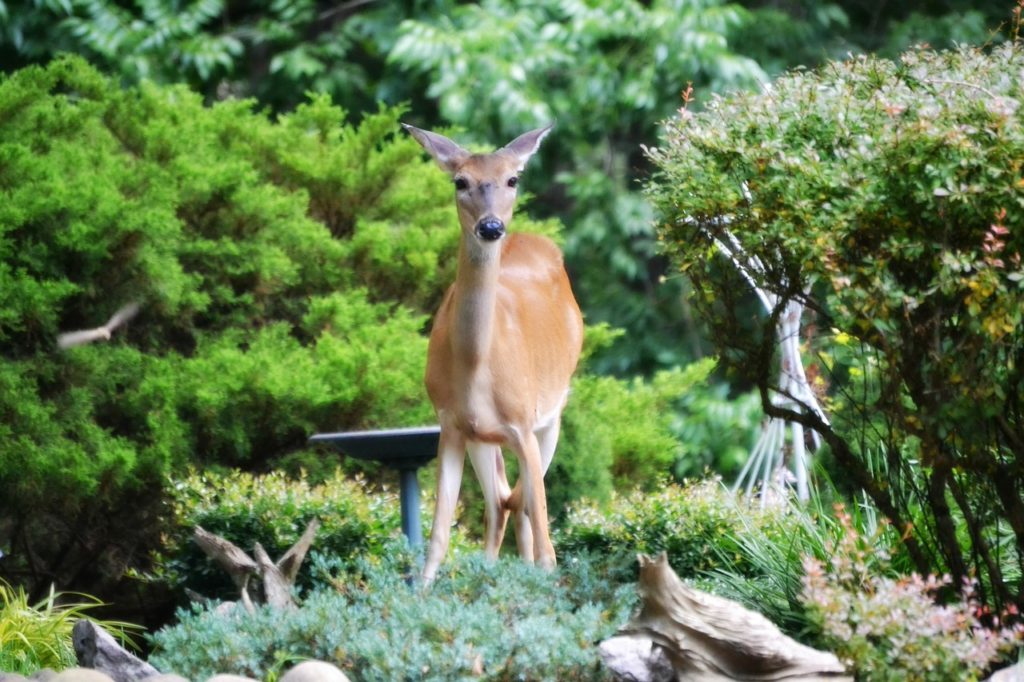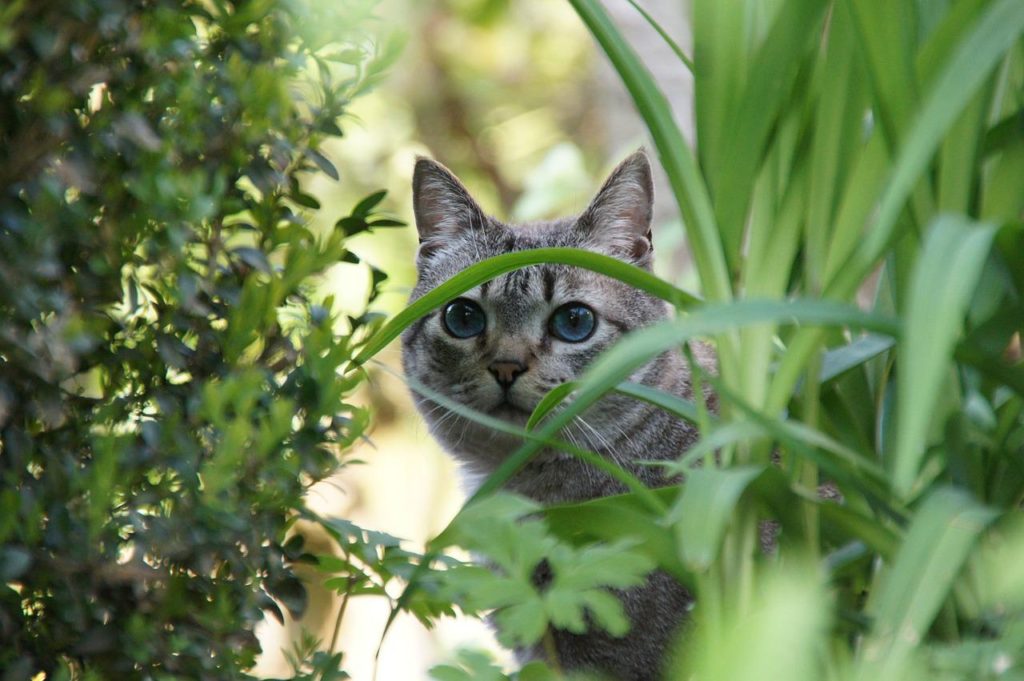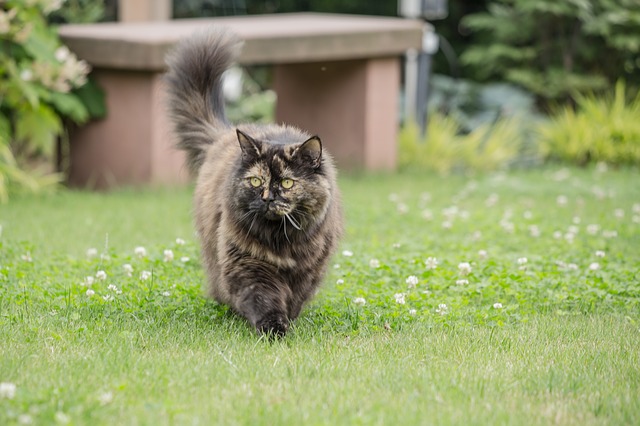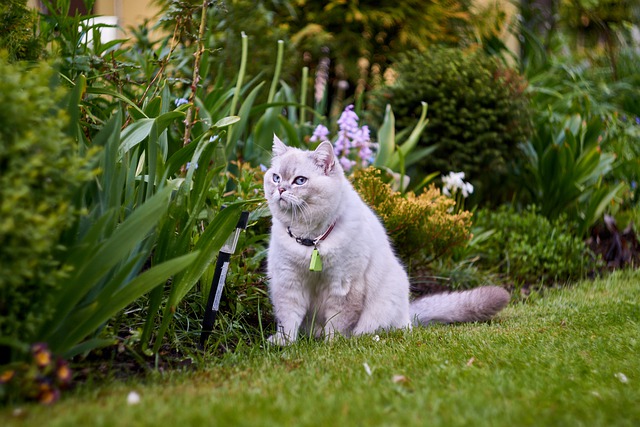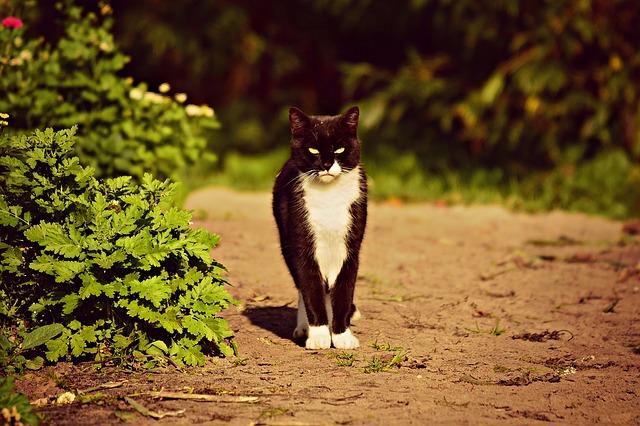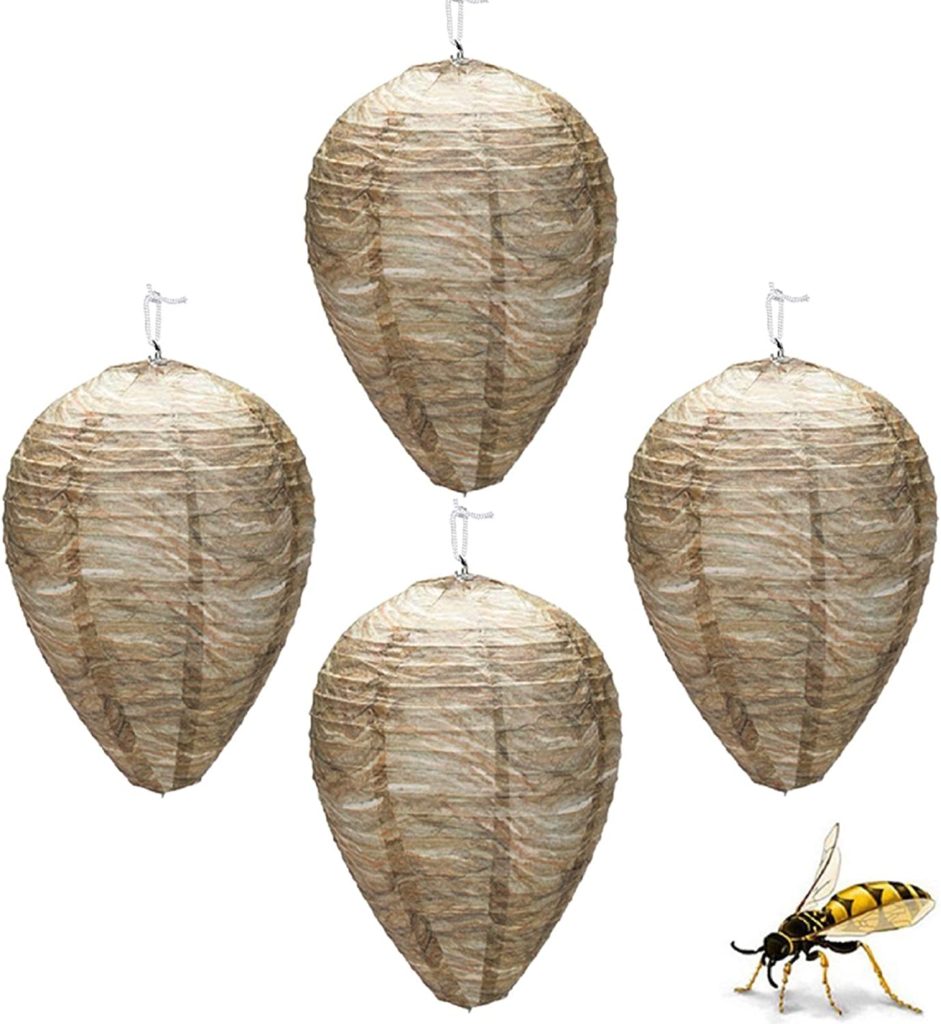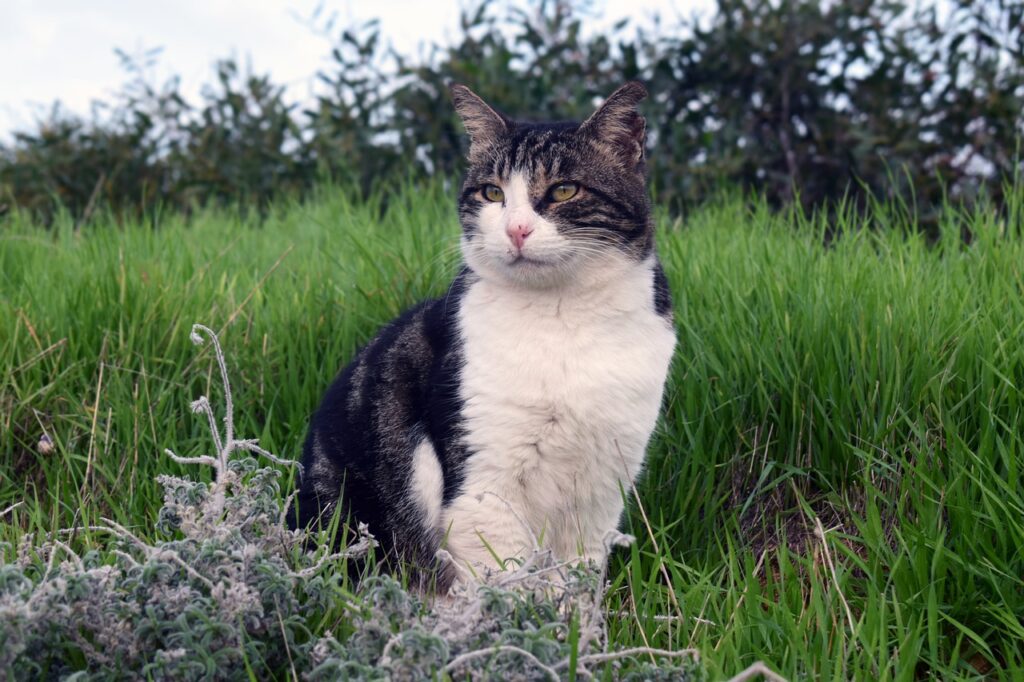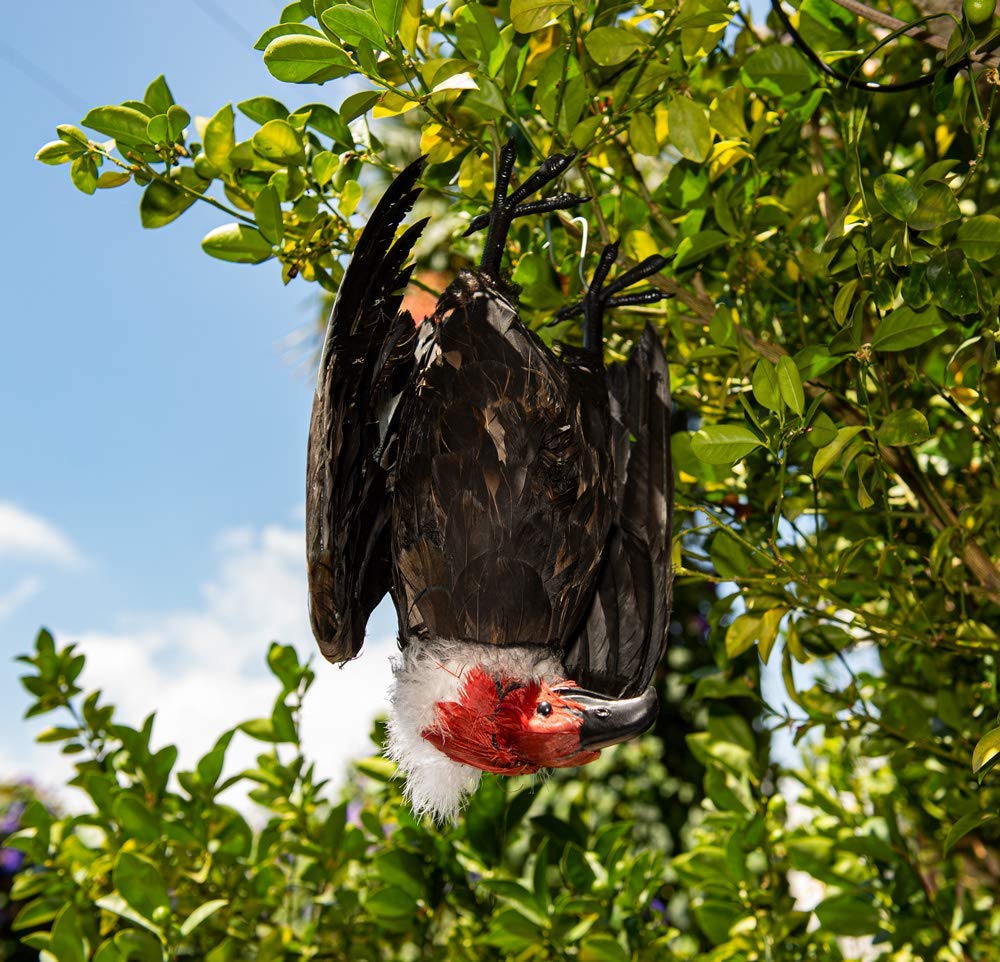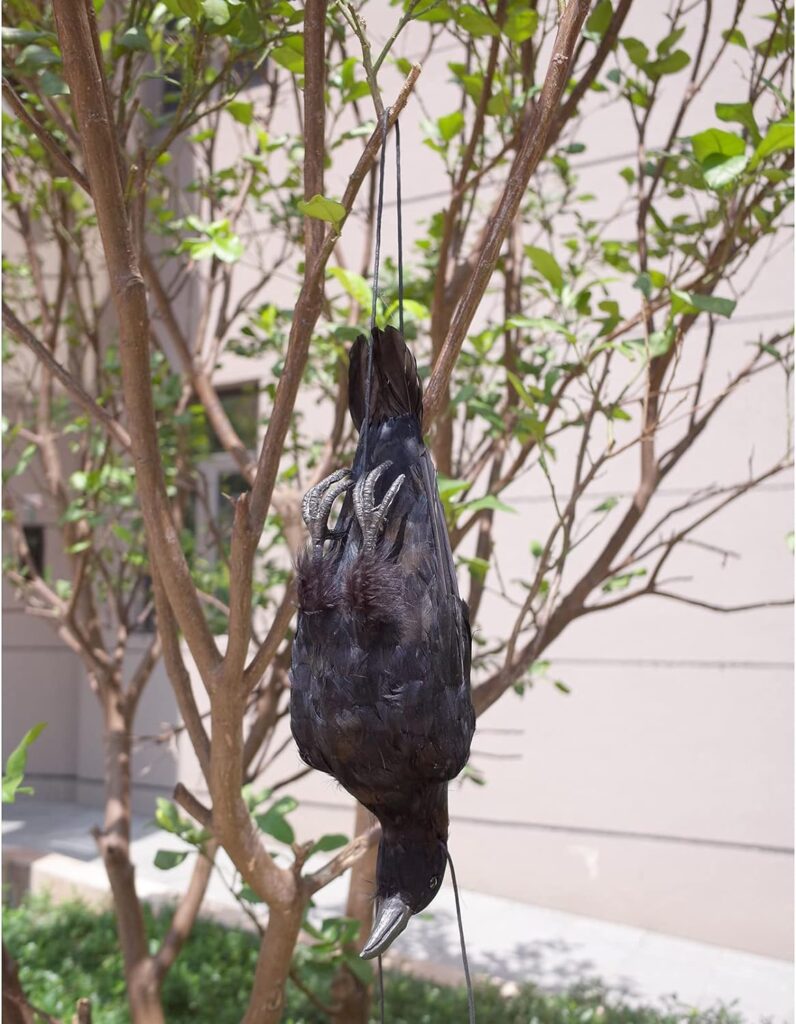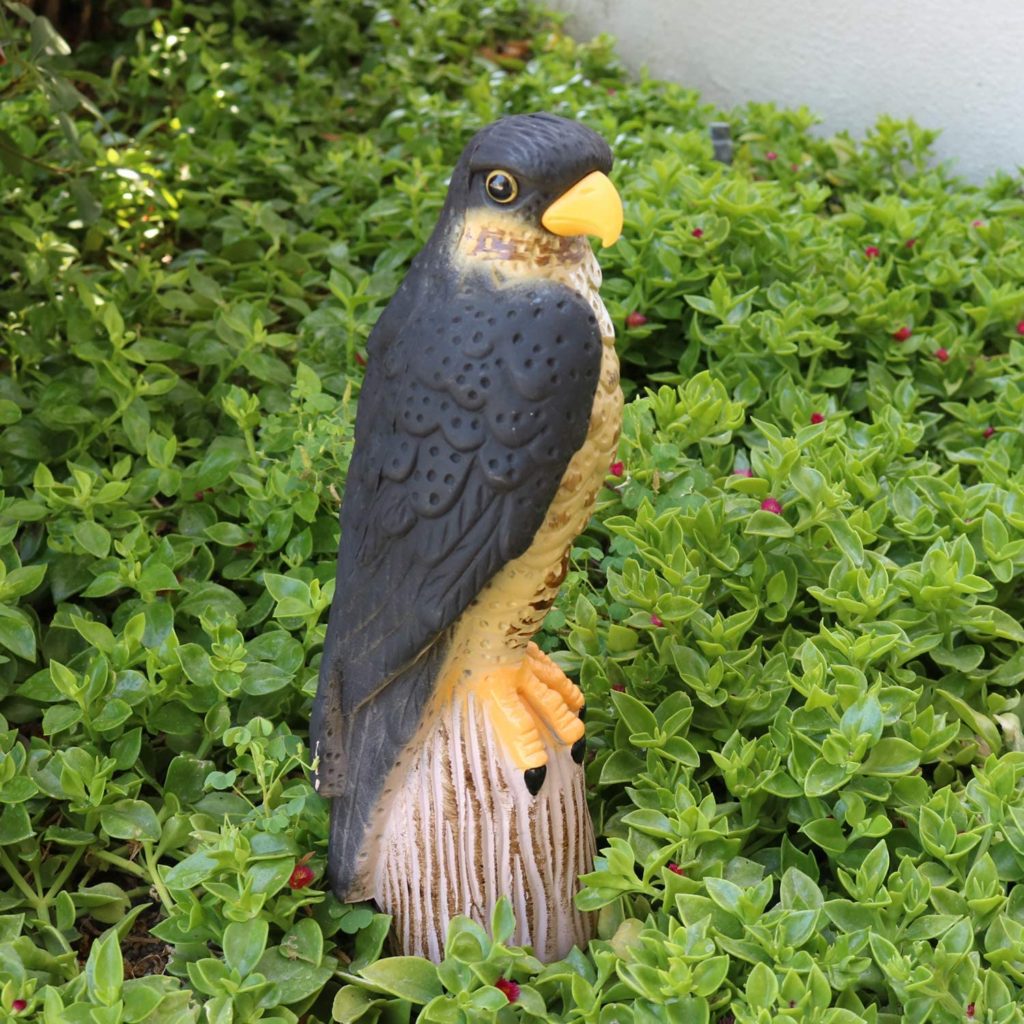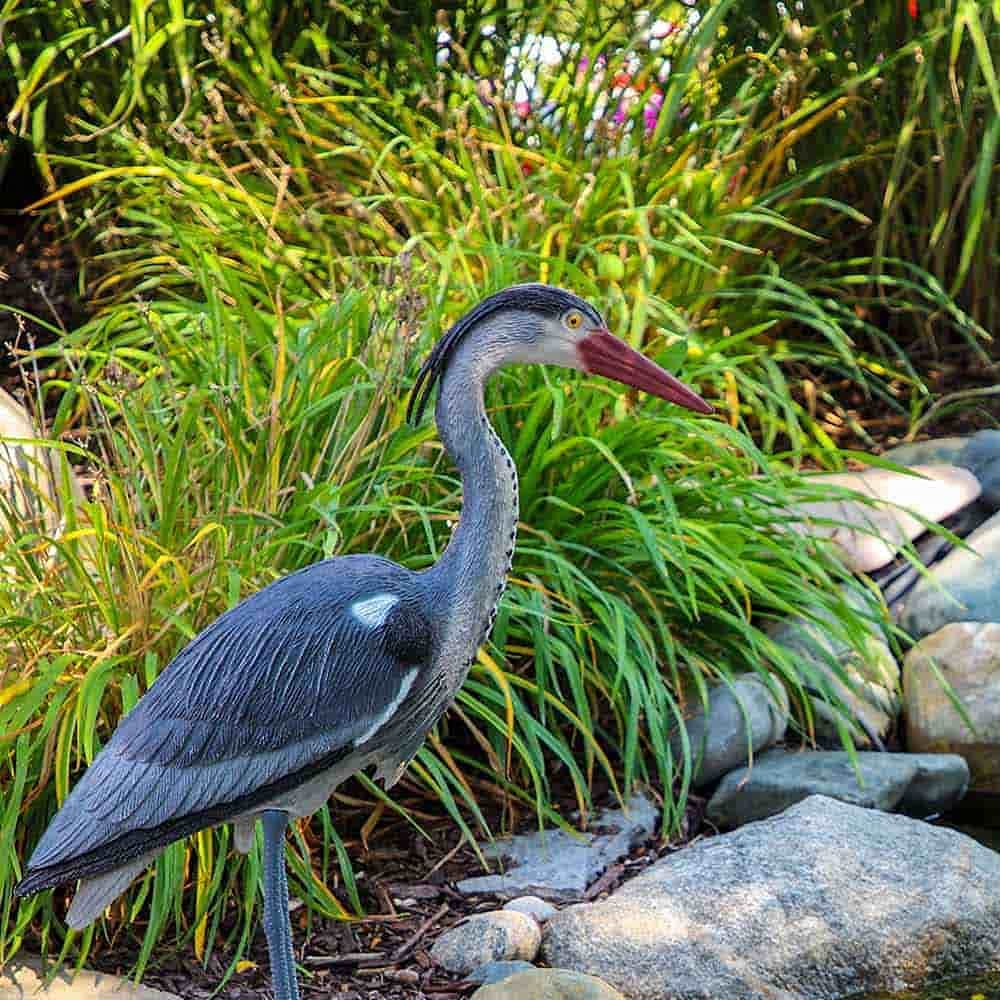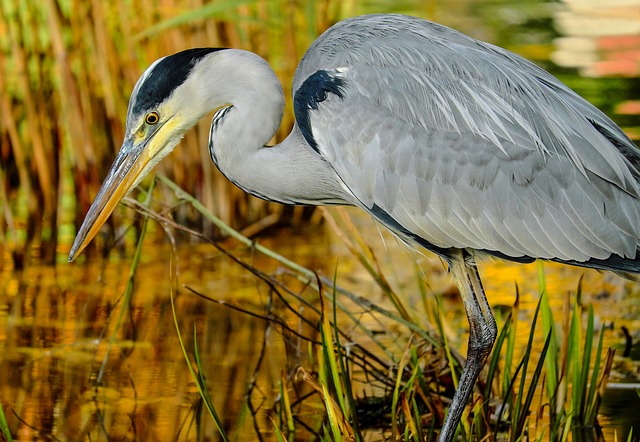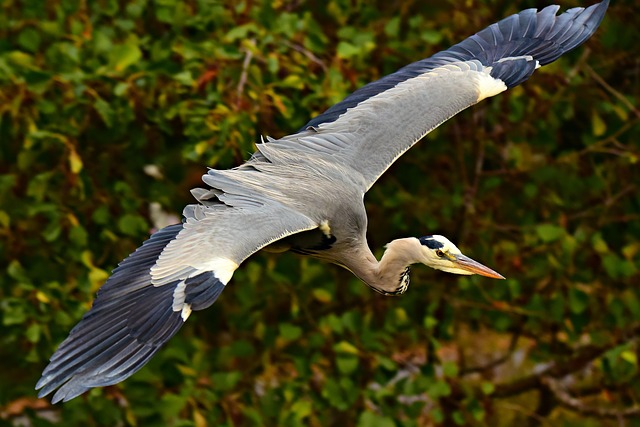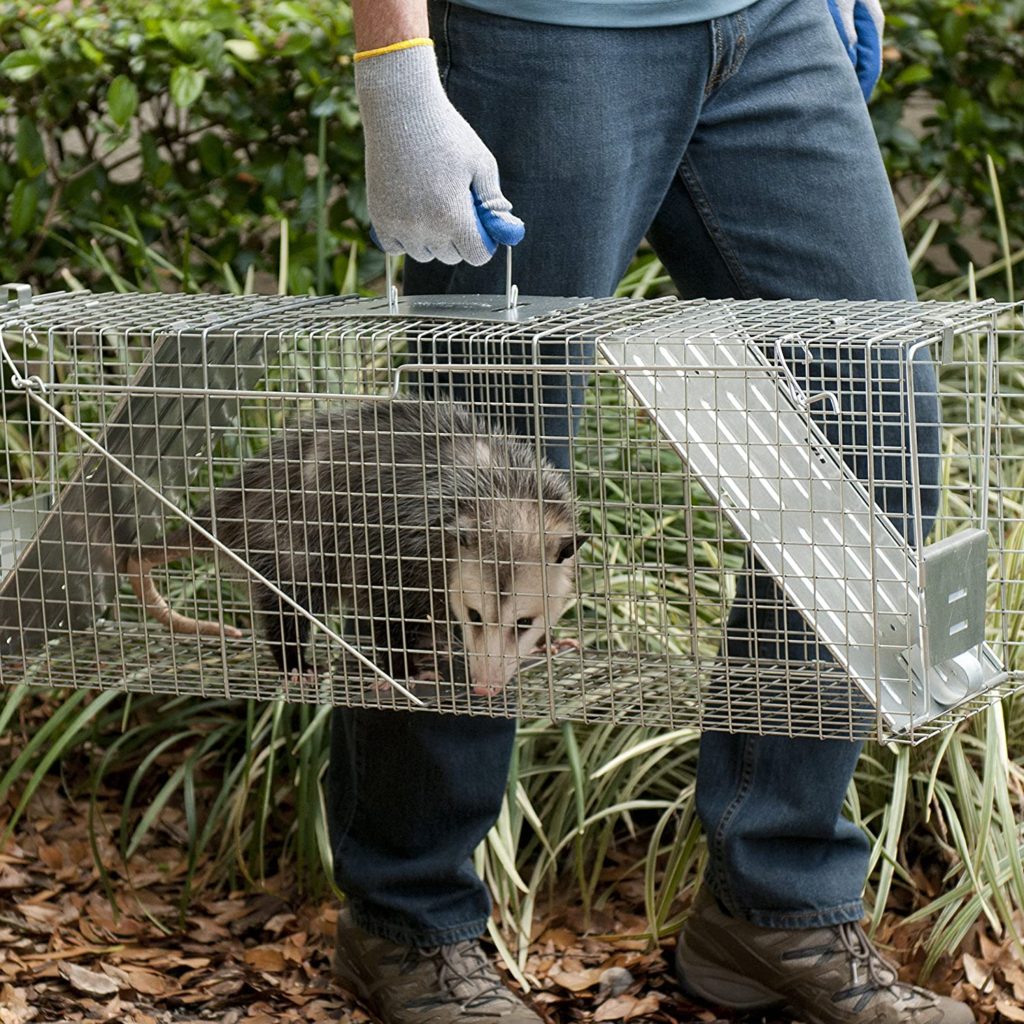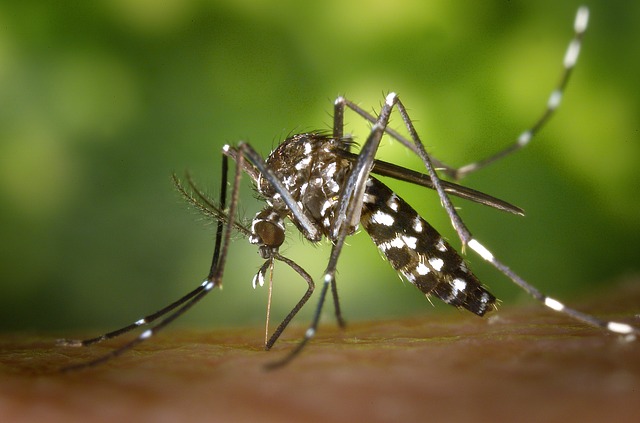
Summer is fast approaching, which means it’s time to plan out all the fun outdoor activities in your garden. Whether that’s having a barbecue, starting a vegetable patch, or chilling in an outdoor pool, summer is the perfect time to take advantage of your garden and patio spaces. Unfortunately, it is also the time when pests are at their most menacing. Sweating at the thought of blood-sucking mosquitoes or invasive stink bugs entering your yard? Here are some great ways to pest-proof your garden using natural methods.
Attract Natural Predators
What better way to get rid of pests than having an army of predators do the job for you? Natural predators may include specific types of birds like owls, amphibians like frogs, or even mammals like hedgehogs. It ultimately comes down to what species are native to your area and the type of pests that frequent your backyard.
You might want to even consider purchasing insects like ground beetles and ladybugs. They are known as beneficial insects because they help control the pest population and for the most part leave you or your garden crops alone. You may want to consider providing a place to live to attract some natural predators.
Owls like to shelter and roost on dense, mature trees that are nicely shaded. If no such trees exist then a good alternative is to set up an owl nest box in the corner of the garden. Owls will not just help to rid your backyard of pesky bugs but all types of furry rodents as well.
Clear Up Debris
Don’t allow the pests and rodents to get cozy. Piles of debris and weeds could provide the perfect environment for pests to live and breed in. If you live in a place that gets plenty of rain you’ll want to examine your outdoor space and make sure to clear away any wet foliage and standing water which again could act as a breeding ground for pests like mosquitoes, fleas, and ticks.
Wet environments may also drive pests like roaches indoors. Examine your patio space and make sure there are no crevices or holes along the wall for the insects to sneak through.
Grow Pest-Repelling Plants
Consider forming a natural barrier around your garden by growing pest-repelling plants. A lot of plants naturally produce essential oils that repel pesky insects. These types of oils are often extracted from plants like lavender, citronella grass, and chrysanthemums. Strangely enough, the scents we find fragrant from these plants may repel pests like fleas and mosquitoes.
Other popular pest-repelling plants include basil, lemongrass, mint, and rosemary. The benefit of these plants is that they can serve additional purposes. For example, if grown organically, herbs like basil and rosemary can be used in the kitchen.
Natural Powders
There are other natural solutions you can use to control pests. One of the most effective is food-grade diatomaceous earth. This white powder is made from the fossilized remains of single-celled algae. We won’t notice it because they are microscopic but diatomaceous earth has razor-sharp edges that could pierce the protective layer of an insect’s exoskeleton.
Eventually, the piercing effect would cause the bugs to dehydrate and die. If you start to notice a surge of pests appearing on your patio then consider applying diatomaceous earth around high-traffic pest areas. In addition to diatomaceous earth, you might want to consider other natural ingredients like cinnamon, baking powder, and garlic.
Cinnamon, for example, is a great natural repellent for ants. A few studies suggest ants do not the like strong scent of cinnamon and the way it affects their sense of direction. The chemicals found in cinnamon, such as cinnamaldehyde, have also been noted as having a repellent effect on ants.
As you can see, chemical pesticides are not the only solution for controlling pest problems in garden and patio spaces. Going the natural route is always preferable since you, your family, and your pets won’t be exposed to any hazardous chemicals.
Start Shopping for Pest Deterrents!
What Smells Do Crows Hate?
Crows can be quite a nuisance. And one natural way to deter them is by using scents that they dislike. But what smells do crows hate? Read on to find out! Pest Crows Crows are often considered to be pests. In agricultural areas, they are well-known for causing crop...
How To Get Rid Of Owls In Your Yard
While owls are amazing creatures and can help to function as natural pest control, they are not a bird everyone wants on their property. Fortunately, when it comes to how to get rid of owls in your yard there are quite a few things you can do to deter them. Here’s...
How To Make Irish Spring Deer Repellent
Irish Spring isn't just a soap that has a pleasant and energizing fragrance. It's also an ingredient that can help keep your outdoor space healthy and inviting. By making your own Irish Spring deer repellent you can help keep nuisance deer at bay. Here's what you'll...
The Best Cat Deterrent Plants
Cats are adorable and beloved creatures. That doesn't mean, however, that they belong in your garden. The last thing you want is to see felines eating your favorite plants, or using your garden as their personal toilet. So here are some of the best cat deterrent...
Do Coffee Grounds Deter Cats?
You may find your garden and yard smelling awful because the neighborhood cats have decided to treat the area as their giant litter box. Not only can it really stink but it’s unsanitary too. Cats may also be tearing up plants and digging out seeds and bulbs. You may...
Will Coffee Grounds Keep Cats Away?
If you find that the neighborhood cats are treating your garden and yard like a personal litter box, it is time to use coffee grounds to keep cats away. You may wonder, "Will coffee grounds keep cats away?" The answer is yes, they will. This is not a myth or an old...
Cats And Coffee Grounds
For most of us, our first cup of coffee in the day is like a drink of ambrosia. Not only does it smell and taste delicious but it has many other advantages. Cats and coffee grounds do not go together. And this is great if you are having trouble with cats littering up...
Everything You Need To Know About Fake Wasp Nests
Buy on Amazon Wasps are aggressive pests that have a painful and potentially dangerous sting. Luckily you don’t have to risk serious injury in order to keep them away. A much easier option is to use a fake wasp nest to deter them. And here is everything you’ll need to...
How To Use Orange Peels To Deter Cats
Are you tired of neighborhood cats wreaking havoc in your garden or yard? What if we told you that there is a simple, natural, and effective solution to repel them? Enter the humble orange peel to deter cats, a surprisingly powerful DIY cat repellent that has been...
The Complete Guide To Bird Cannons
Buy on Amazon Birds and other pests can be a huge nuisance for farmers, businesses, and homeowners in rural areas. They can cause an incredible amount of damage, a loss of income, and also be a major safety concern. A bird cannon is a cost-effective and highly...
Types Of Pest Birds
Pest birds come in a variety of shapes and sizes. However they all have one thing in common: they can be a real nuisance to us humans in one way or another. The following are the most common types of pest birds you’re likely to encounter. European Starling The...
Dead Vulture Decoys: The Beginner’s Guide
Buy on Amazon Vultures in flight can look elegant as they soar high above. However, these large birds can be a big problem once they’ve decided to land on your property. A dead vulture decoy is one of the most efficient tools for deterring these pests. And here...
The Total Guide To Dead Crow Decoys
Buy on Amazon Whether you live in the country, suburbs, or even the city, dealing with pest crows can be a significant problem. One of the most effective methods for controlling these nuisance birds is using a dead crow decoy. This all-in-one guide will cover...
Falcon Decoys: Everything You Need To Know
Buy on Amazon Dealing with the damage and mess caused by pest birds is never fun. However, you actually don’t need to spend much time or money in order to get rid of birds and other pest species. With the help of a falcon decoy, you can take advantage of their natural...
All About Hawk Decoys
Buy on Amazon Pest birds can make a huge mess and cause a lot of expensive damage. To help keep birds and other pests away, a hawk decoy is an effective and safe solution. So here is your complete guide to them. Why A Hawk Decoy? Hawks are one of the most widespread...
The Complete Great Blue Heron Decoy Guide
Buy on Amazon A hungry heron can easily make a meal out of expensive pond fish. One of the most effective methods for protecting your pond from these smart birds is with a great blue heron decoy. Here is your complete guide to them, with all the info and tips you’ll...
How To Keep Blue Herons Out Of Your Pond
Great blue herons are one of the biggest problems that pond owners face. These birds are not only smart but can easily catch and swallow large numbers of surprisingly big pond fish. Therefore you’ll need to know how to keep blue herons out of your pond in order to...
How To Deter Herons From Your Pond
Herons are designed by Mother Nature to hunt fish. And unfortunately for pond owners, they often find pond fish to be an easy meal. So in order to protect your fish, you will want to know how to deter herons from your pond. Alligator Decoys Alligators are natural...
How To Get Rid Of Snapping Turtles In The Pond
Buy on Amazon While there are some turtle species that can live peacefully in backyard ponds snapping turtles are typically not one of them. Not only are they carnivorous but also potentially dangerous. However before you try and catch one, you’ll want to know how to...
Live Animal Cage Trap Tips For Success
Buy on Amazon Pests can be a major hassle; they can cause costly damage, make a mess, and can even spread disease. Many homeowners choose to trap pests on their own using what are known as live animal cage traps. These traps are totally humane and allow you to safely...
